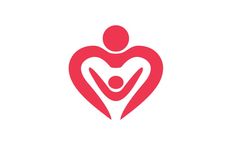areas > socıal polıcy

Comparative Regression Discontinuity Design: A New Alternative
In these series of scientific publications, we develop and test the performance of a new variant of regression discontinuity design that is considered as the best quasi-experimental approach in program evaluation. More... 
The Daddy Impact: What are the Protective and Risk Factors for Being an Engaged Father?
Engaged and supporting fathering has a great impact on children’s development. Using a large and representative sample of fathers in Turkey (principal investigator: AÇEV; project funder: Bernard van Leer Foundation), this paper examines the individual, family, and societal factors predicting positive fathering. Details coming soon... 
Children in Institutionalized Care: Developmental Effects
The unfavorable effects of residential care on child outcomes have been well-established in the literature. Yet, there is no study to date that investigates how social and cognitive competencies of institutionalized children change over time. In this study, led by Child and Family Studies Laboratory, we examine whether the developmental change within one year in social (social competence, aggressive behavior, and social withdrawal), socio-cognitive (theory of mind), and cognitive (executive function and language) domains differs with respect to rearing context using data from 3-5 years old institution-reared and parent-reared children. More... The Science of Fatherhood: Promoting Stronger Families and Child Outcomes
Using a large and representative sample of fathers, we implement a latent class analysis to identify types of fathers in Turkey. The study aims to inform social policy and intervention to implement effective parenting interventions in more traditional patriarchal cultures. Details coming soon... |


